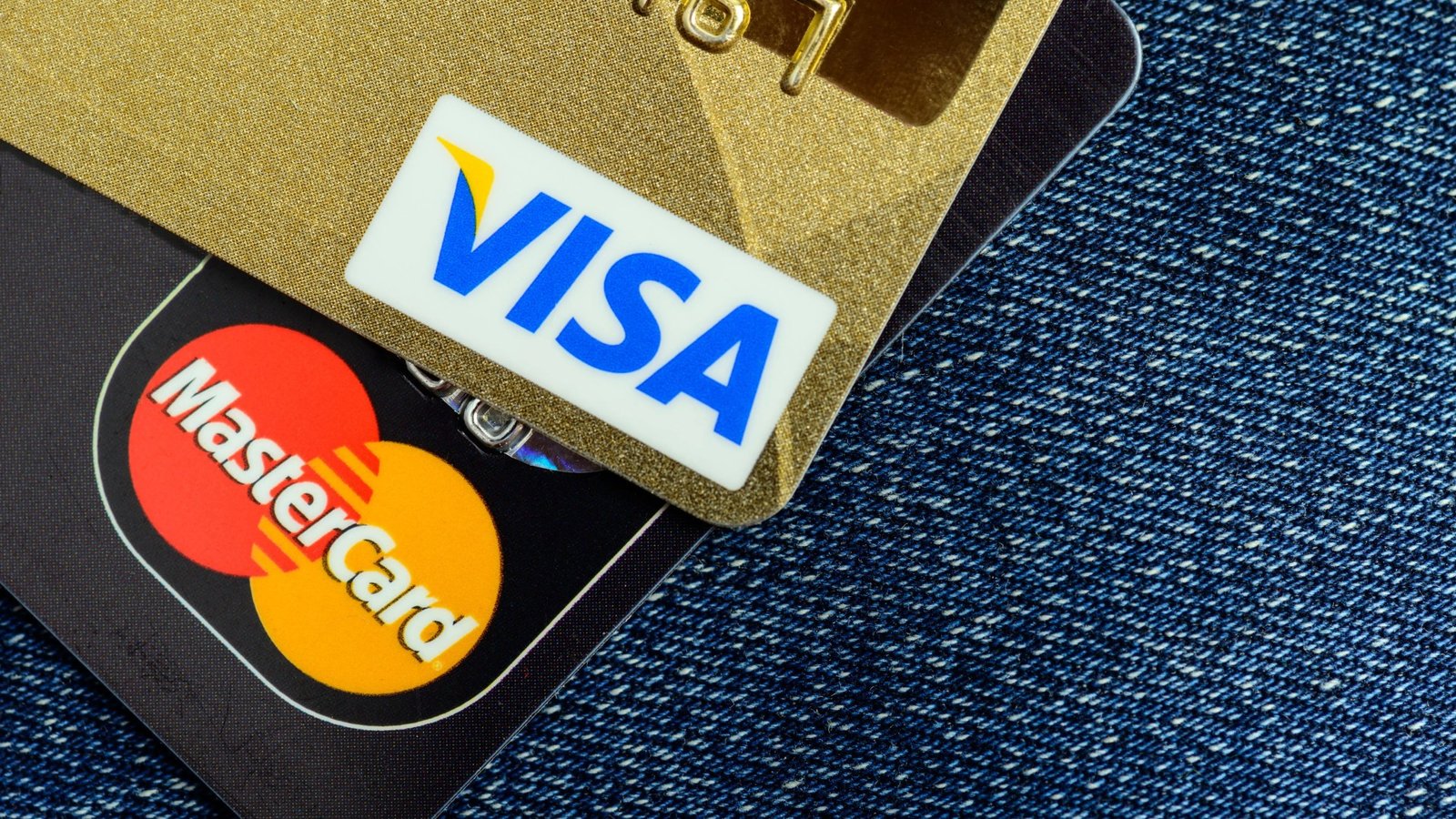A MAJOR building society with over 17million million customers is hiking credit card fees by up to 50% in weeks.
This decision comes despite a recent drop in borrowing costs, driven by the Bank of England‘s base rate cut from 4.75% to 4.5% earlier this month.
The base rate plays a key role in determining the cost of borrowing, influencing mortgages, credit cards, and personal loans.
Despite this, Nationwide has announced plans to raise interest rates on five major credit cards currently used by existing customers.
These include the Member, Select, Nationwide, Gold, and Classic credit cards, all of which are no longer available to new applicants.
Starting in April, the cost of borrowing on these cards is set to rise significantly for some customers.
Those facing the steepest increase – a full five percentage points -could see their purchase interest rates jump by up to 50%.
This would add an extra 42p in monthly interest for every £100 left on their balance.
However, not everyone will see such large increases.
Some customers will only face a smaller rise of one percentage point, adding an extra 9p in interest per month for every £100 owed.
In addition to the changes for purchases, fees for balance transfers and cash withdrawals are also set to increase, though these will vary depending on the individual case.
The five affected credit cards initially came with significantly lower representative APRs compared to the two Nationwide credit cards currently available to both new and existing customers today.
By law, lenders must offer the advertised representative APR to at least 51% of successful applicants.
Currently, Nationwide’s representative APR for both its Purchase and Balance Transfer Cards stands at 24.9%.
However, the old cards impacted by the interest rate hike typically featured representative APRs between 15.9% and 19.9%.
Additionally, tens of thousands of customers with strong credit scores benefited from even more favourable rates, often as low as 9.9%.
These customers, who have enjoyed the lowest rates, are likely to be the hardest hit.
If their interest rate rises by the full five percentage points, reaching 14.9%, they will see their borrowing costs increase by 50%.
Of course, any changes to your credit card interest rates will depend on your individual credit history.
Nationwide has confirmed it will be contacting all affected customers directly to inform them of exactly how much their credit card rates will increase in April.
The building society said that no increase will be applied to accounts of customers in financial difficulty, including those with over 30 months of persistent debt and those with an existing APR of 24.9%.
Customers will be given the option of opting out of the rate increase, but their card will be frozen for new transactions meaning they can continue to pay down any existing debt at their old rate.
A Nationwide spokesperson said: “In recent years the cost of providing and maintaining credit cards has risen.
“We are not immune from this, and we do need to increase some of our lower interest rates, while holding our maximum rate at an APR of 24.9%.
“Despite these changes our interest rates will still be below the market average.
“We will not be applying increases for those in and near financial difficulty or who have been in debt for a long period.”
If you consistently pay off your Nationwide credit card balance in full each month, these changes will have no impact on you.
However, if you’re unable to pay off your balance in full each month, it’s crucial to ensure you at least meet the minimum repayment.
This will help protect your credit score and prevent additional fees or charges from being added to your account.
If you can’t afford to pay more than the minimum balance but want to avoid the added costs of interest, it could be worth shifting your debt to a balance transfer credit card.
The cards are a crucial tool for people who have racked up spending and are trying to repay, as they don’t charge any interest on sums moved for set period of time.
Think before you borrow
BORROWING sounds like a simple way to help pay bills – but beware falling into debt you cannot pay back.
It’s always vital to ask yourself if you actually need to borrow before committing to a new credit card, personal loan or overdraft.
If you cannot afford to pay off debt you already have, you should avoid at all costs taking on any more.
How do balance transfer credit cards work?
Credit card customers can put an end to paying interest for up to 32 months for a small processing fee of between 2-4% by shifting their debt to a balance transfer card.
These cards make your debt easier to pay off because money saved on interest can be entirely put towards what you owe.
However, it’s important to note that you can’t transfer a balance between cards from the same bank.
You should always use an eligibility calculator before applying for a balance transfer card because every credit card application leaves a mark on your credit file and can affect your credit score.
The best cards currently available include those from HSBC, mbna and Barclaycard which are all offering 32 month long 0% deals with a transfer fees between 3.2% and 3.49%.
Tesco Bank is offering up to 30 months at 0% with a fee of 2.95%.
To compare all the available cards, visit price comparison websites like MoneySavingExpert’s Cheap Credit Club or Compare the Market.
Once you run your details through an eligibility calculator and you’ve been shown that you’re likely to be accepted, make a formal application.
To do this, you will need to provide your name, address and email address as well as details of your income so a provider can assess your eligibility.
You will also need to provide details of how much money you want to transfer to the new card, but you can often do this after you have been accepted.
How to get free debt help

There are several groups which can help you with your problem debts for free.
- Citizens Advice – 0800 144 8848 (England) / 0800 702 2020 (Wales)
- StepChange – 0800138 1111
- National Debtline – 0808 808 4000
- Debt Advice Foundation – 0800 043 4050
You can also find information about Debt Management Plans (DMP) and Individual Voluntary Agreements (IVA) by visiting MoneyHelper.org.uk or Gov.UK.
Speak to one of these organisations – don’t be tempted to use a claims management firm.
They say they can write off lots of your debt in return for a large upfront fee.
But there are other options where you don’t need to pay.





